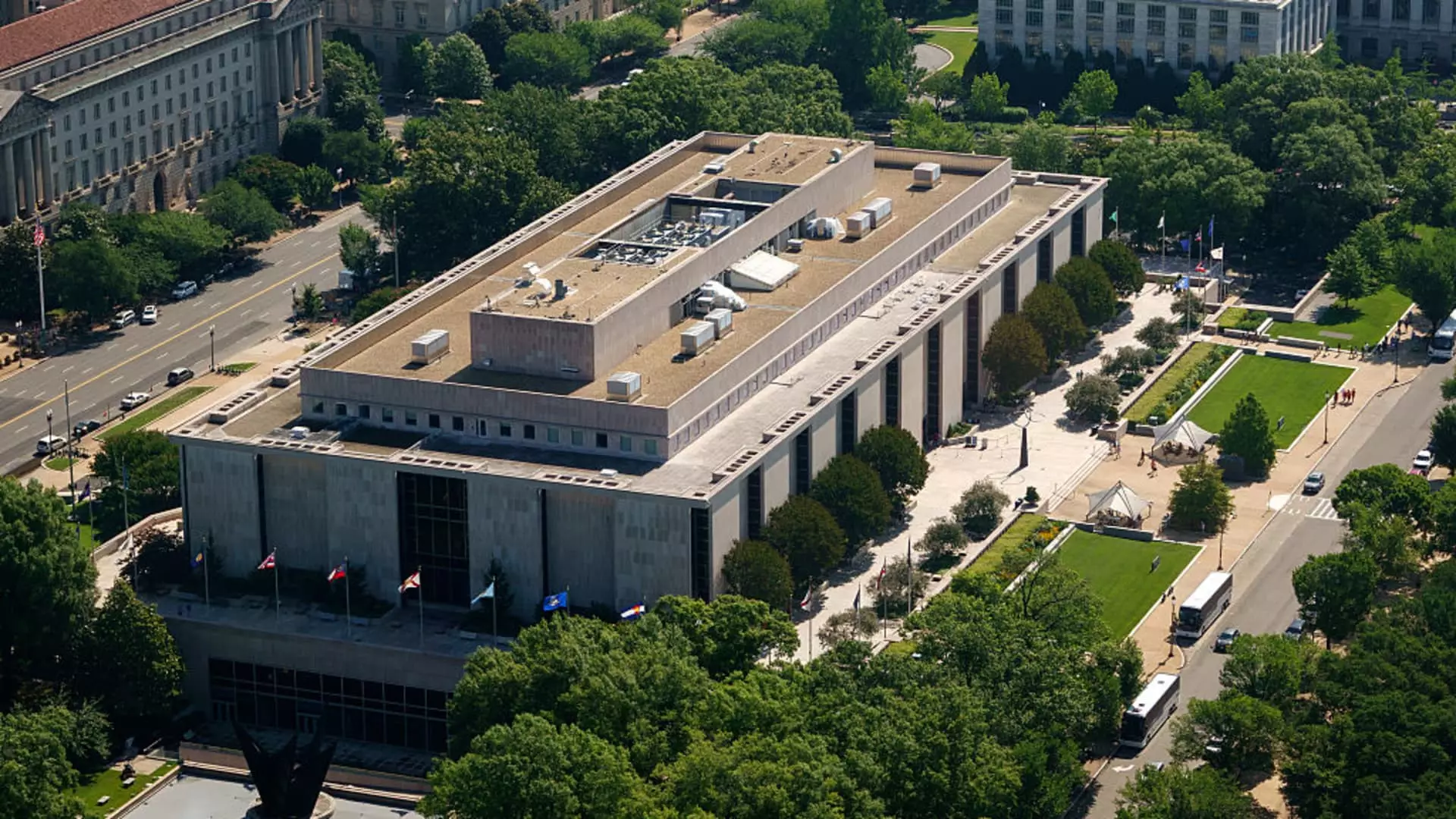In recent months, a disturbing trend has emerged within the corridors of power—a deliberate attempt by certain political figures to manipulate and control the narrative within cultural institutions for ideological gains. President Donald Trump’s recent directive to purge museums of anything deemed “woke” exposes a dangerous shift from fostering honest historical reflection to wielding censorship as a tool to manipulate public perception. This move reveals a fundamental misunderstanding of the role of museums: they are the custodians of history’s complexity, not battlegrounds for ideological agendas. By targeting institutions like the Smithsonian, Trump’s administration signals its intent to rewrite narratives, sidelining uncomfortable truths in favor of sanitized histories that serve political convenience.
This approach undermines the core democratic principle that societies must confront and learn from their imperfections to evolve. When leadership seeks to dictate what can or cannot be displayed based on current political sensitivities, it tarnishes the very integrity and educational value of cultural institutions. Museums should be spaces for dialogue—centers where stories of struggle and success coexist, fostering understanding rather than division. Censorship, especially under the guise of “correcting” narratives, risks turning these vital spaces into propaganda outlets that distort history to fit an ideological blueprint.
The Threat to Academic and Cultural Freedom
Trump’s blueprint to remove “woke” content is eerily similar to the tactics he deployed against colleges and universities—pressure, funding threats, and audits—aimed at curbing any dissenting views that challenge a conservative narrative. This strategy, if unchecked, could have catastrophic repercussions beyond museums, threatening academic freedom nationwide. When federal funding becomes a bargaining chip in ideological battles, the political influence over educational and cultural discourse deepens, constraining intellectual diversity and honest exploration.
The health of a democratic society depends on the free exchange of ideas. Suppressing narratives related to race, history, or social justice—regardless of whether they are comfortable—only fuels ignorance and polarization. By attempting to silence parts of the story, the government risks eroding trust within the institutions meant to preserve the truth. It fosters an environment where only approved versions of history thrive, further dividing a nation that desperately needs dialogue and understanding.
The Cultural and Societal Consequences of Censorship
History teaches us that societies which manipulate their past for political gain tend to face long-term instability. Efforts to erase or diminish uncomfortable aspects of American history—such as slavery or indigenous injustices—are short-sighted and morally wrong. They deny future generations the lessons they need to build a more equitable society. When leaders prioritize protecting national image over truthful storytelling, they risk fostering a culture of denial, repression, and ultimately, societal fragmentation.
Furthermore, the move to scrutinize exhibits related to America’s 250th anniversary raises concerns about the potential erasure of critical historical narratives. These narratives are essential to creating an honest, inclusive American identity. They serve as a foundation for cultural dialogue, empathy, and reconciliation. Silencing or altering these stories under political pressure jeopardizes the authenticity of national memory and weakens the social fabric that holds the country together.
Power and Responsibility in Shaping Cultural Identity
The attempt to impose political control over museums and educational institutions is not merely an administrative move; it is a fundamental assault on societal values of openness and truth. Cultivating a well-informed, critically thinking populace requires transparency, not censorship. When a government weaponizes narrative control, it betrays its responsibility to serve the public interest—favoring propaganda over education.
A healthy democracy insists that its institutions reflect the full spectrum of American experiences, both triumphant and tragic. President Trump’s approach seeks to overshadow darker chapters, claiming to promote patriotism but ultimately risking the erosion of the democratic ideals of honesty and critical inquiry. The danger lies not just in the immediate suppression of ideas but in the long-term damage to trust and integrity within the national fabric.
—
This aggressive push to control cultural narratives under the guise of combating “wokeness” reveals a deeper insecurity and an authoritarian tendency to silence dissent. Rather than confronting uncomfortable truths and fostering a genuinely inclusive national conversation, this strategy risks turning institutions into ideological battlegrounds that serve narrow interests. For America to preserve its democratic principles, the preservation and honest representation of history in all its complexity must remain inviolable—a principle that no political agenda should threaten.


Leave a Reply